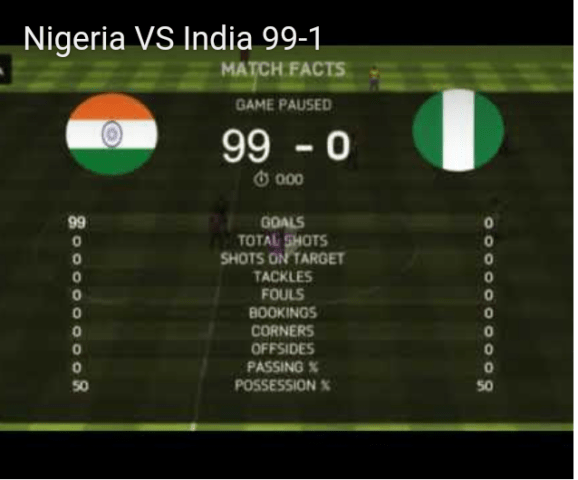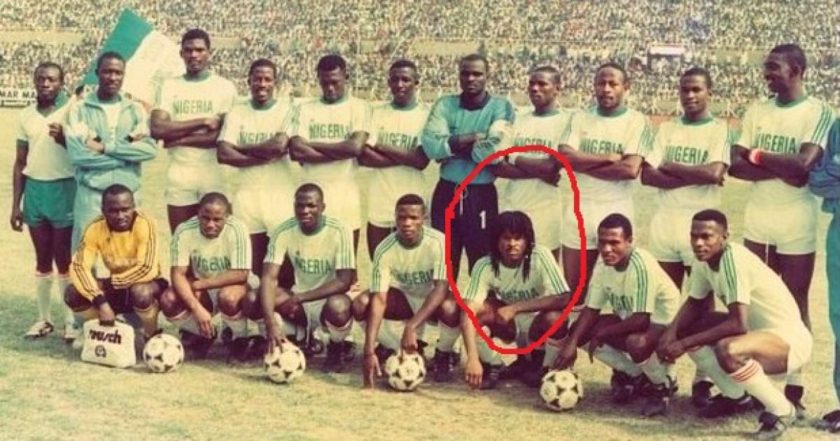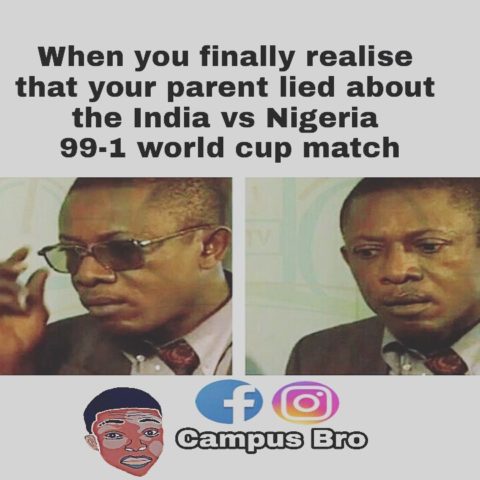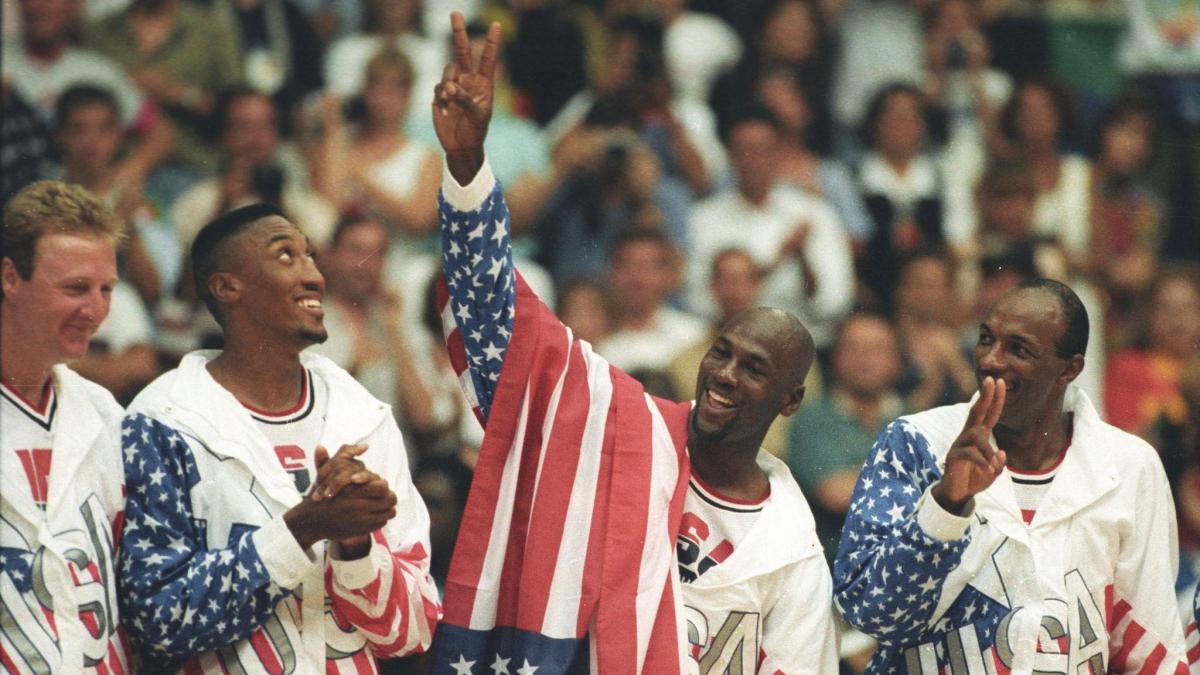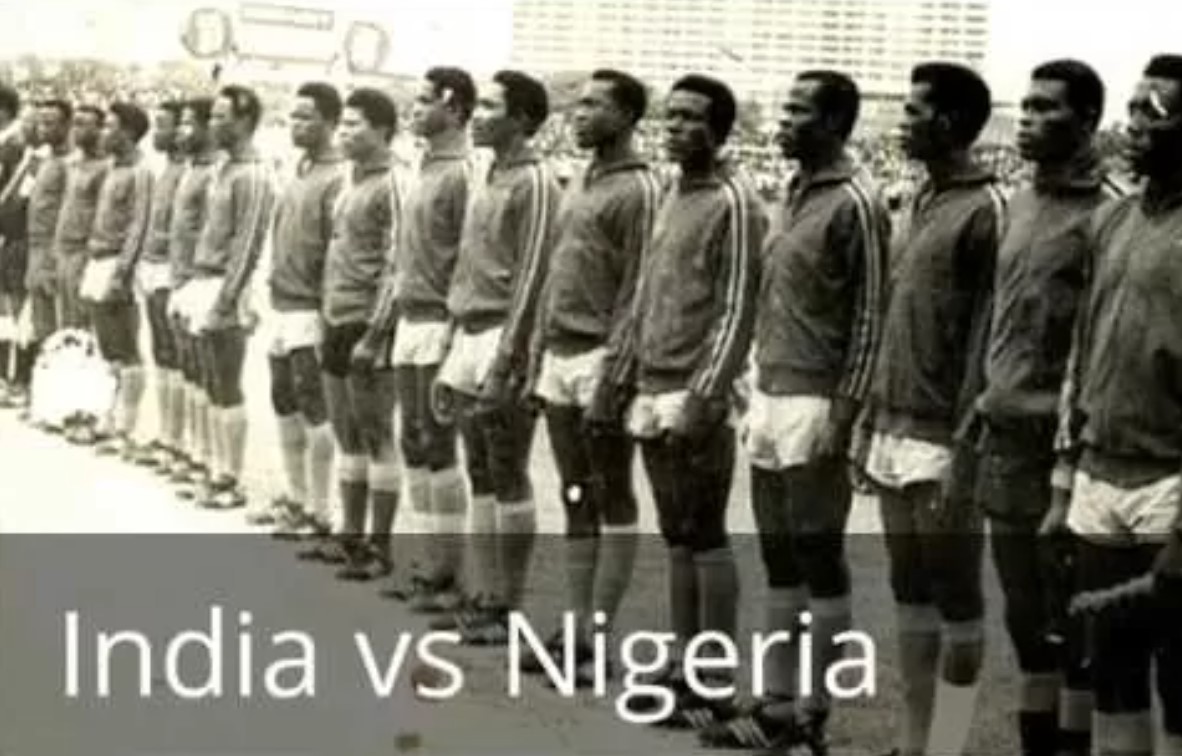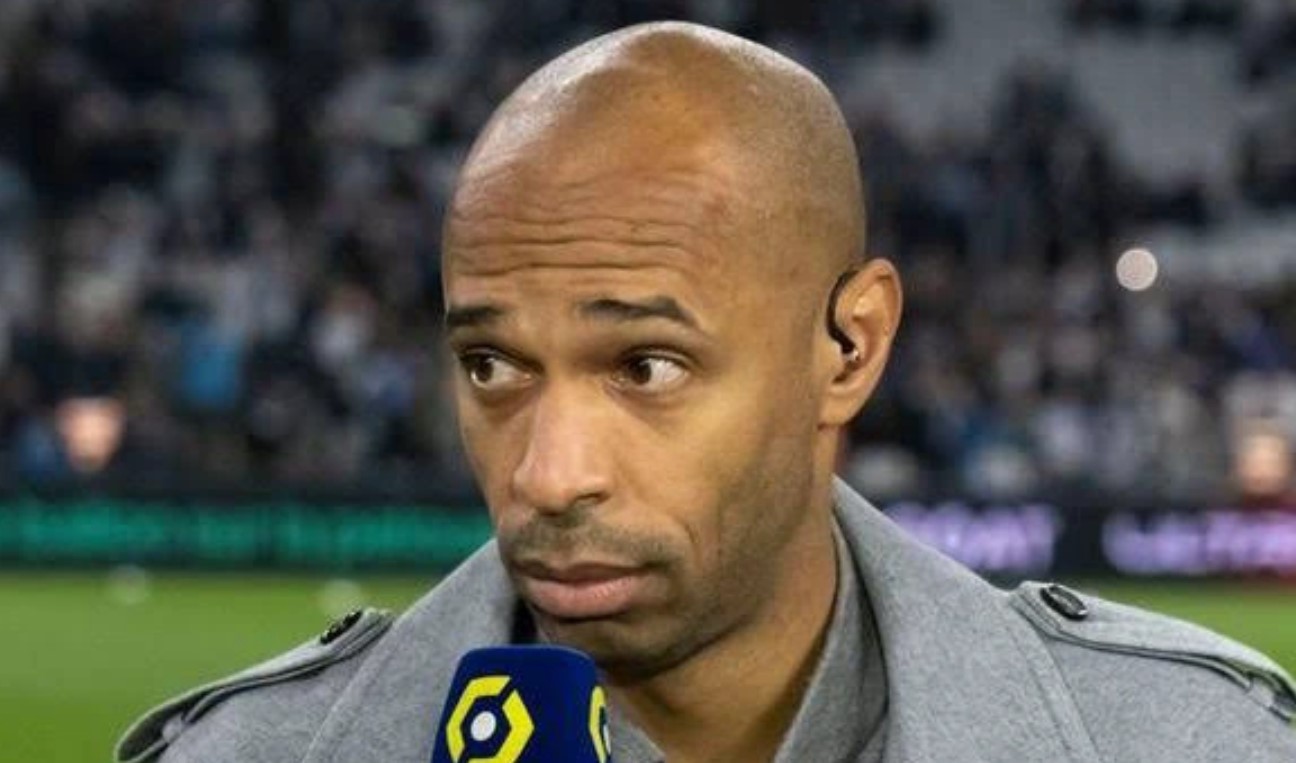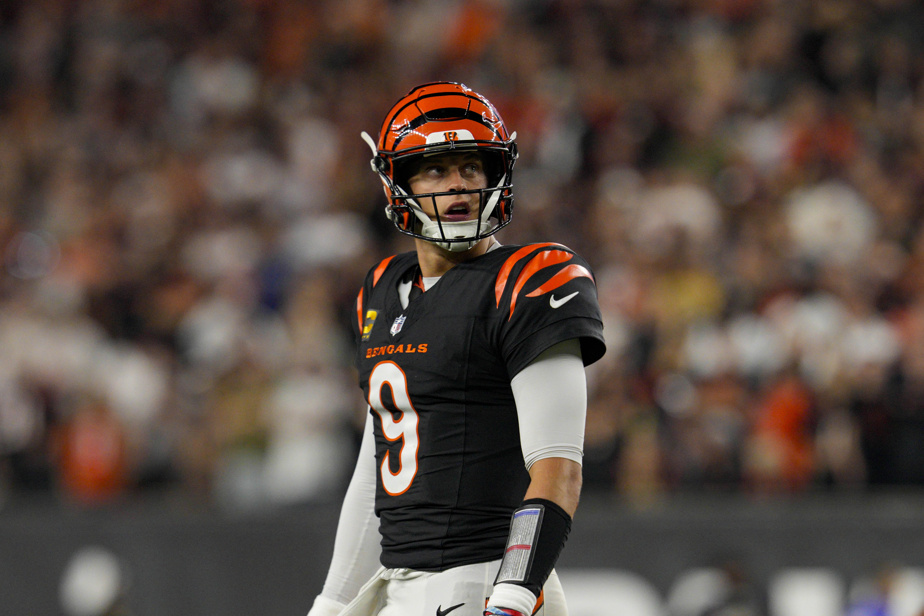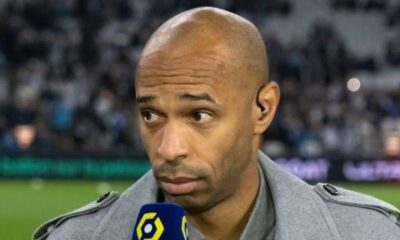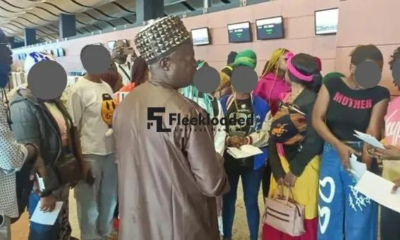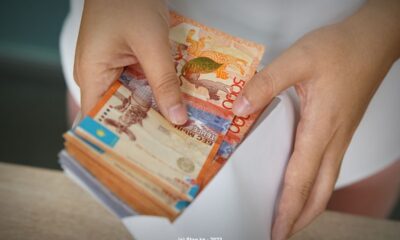diGiacomo Beans
The docuseries Dream Team, on Sky, reconstructs the story of the USA Team that won gold at the 1992 Games. “They fought with modern weapons, the others with muskets and bayonets”
In the history of basketball at the Olympics there is a before and an after. And in the middle there is the Dream Team, the incredible team that the United States presented at the Barcelona ’92 Olympics to avenge the humiliation of the previous edition. Michael Jordan and Magic Johnson, Larry Bird and Charles Barkley, all together with the same jersey. Not only the strongest basketball team ever: the strongest team ever seen in the history of team sports.
The docuseries Dream Team, the legend continues (Sky Documentaries and Now) reconstructs the story of that incredible group in five episodes. It is based on the book of the same name by Jack McCallum and makes extensive use of the interviews that the journalist conducted with the players in 2011. The old tapes, with the names of the interviewees written on the adhesive tape, bring back memories and old rivalries. Like when Clyde Drexler, historic guard of the Portland Trail Blazers, candidly admitted that he did not feel inferior to the King: “Jordan? A phenomenon, but he was not stronger than me.”
Empty arenas and cocaine
Imagine Pelé and Maradona, Messi and Ronaldo, Cruyff and Beckenbauer, all in top form and all together on the same team. That’s what the Barcelona ’92 Dream Team was: the best of the best in basketball gathered on a single parquet (Michael Jordan, at the time, was perhaps the most famous man in the world). But how was it possible to convince all the best, with their six-figure salaries and hypertrophic egos, to wear the same jersey? For free, moreover, for pure Olympic spirit?
The series starts in the late 1970s, when the NBA is going through a very difficult time. Newspapers describe players as habitual cocaine users, sponsors are lacking, arenas are half empty: the American basketball industry risks closing its doors. The rebirth begins in the early 1980s, thanks to two young men just out of college: Larry Bird, of the Boston Celtics, and Earvin “Magic” Johnson, of the Los Angeles Lakers. The rivalry between two teams and two champions who are completely opposite, well told in the Winning Time series, lifts the fortunes of the League. Everything is ready for the arrival on the scene of another phenomenon: Michael Jordan.
World domination
Bird, Magic, Jordan: in the second half of the 1980s, empty arenas were a distant memory. There was a problem, however: the United States was no longer the master of basketball. At the 1988 Seoul Olympics, Team USA, composed as always of college players, did not go beyond the bronze.
David Stern, the League’s plenipotentiary since 1984, has an idea that seems like a utopia. Bringing NBA stars to the Barcelona ’92 Games. A very ambitious project that would allow, on the one hand, to re-establish the hierarchies and shout to the world that in basketball the United States has no opponents; and on the other, to transform the NBA into a truly global brand.
The first Dream Team
Stern’s crazy idea became reality on September 21, 1991, when the Team USA roster for the Barcelona Games was announced live on TV. Here are the names: Michael Jordan and Scottie Pippen of the Chicago Bulls, John Stockton and Karl Malone of the Utah Jazz, Magic Johnson of the Lakers, Larry Bird of the Celtics, Patrick Ewing of the New York Knicks, Chris Mullin of the Golden State Warriors, David Robinson of the San Antonio Spurs, Charles Barkley of the Philadelphia 76ers.
Ten of the twelve slots are filled, with the last two to be filled at the end of the season. The picks are Clyde Drexler, a guard from the Portland Trail Blazers, and Christian Laettner from Duke University (the deal stipulated that at least one player would come from college).
Why is there no Isiah Thomas and Shaq?
What has taken shape is a true dream team, and history will confirm it: of the twelve players of the Dream Team, eleven will be inducted into the Basketball All of Fame and ten into the list of the 50 best players in NBA history. And yet, someone is missing. Where is Isiah Thomas, the point guard of the Detroit Pistons who won two titles in the late 1980s?
The backstories are endless and point in one direction, that of Michael Jordan. If the team’s co-captains are Magic and Bird, the leader on the court is MJ, who with his Bulls has won the last two rings. There has been bad blood between Jordan and Thomas ever since, at an All Star Game, Isiah convinced his Eastern teammates not to pass the ball to Michael. “It’s either me or him,” Jordan supposedly told Olympic coach Chuck Daly: hence the exclusion of the League’s best playmaker.
In hindsight, the other exclusion that cries out for vengeance is that of Shaquille O’Neal. The list of eligible college players was reduced to two names, both centers: Christian Laettner, winner of the last two titles with Duke, and Shaq, who had just been elected best player in the NCAA. Laettner was chosen mainly for “political” reasons (the Dream Team was largely black and a white man was needed). The NBA careers of the two, with Shaq dominant and Laettner just mediocre, would have revealed the absurdity of that decision.
Behind the scenes of Barcelona ’92
The docuseries glosses over the Dream Team’s games, because there was never a match. The Americans easily beat Angola, Croatia (twice), Germany, Brazil, Spain, Puerto Rico, and Lithuania by an average of 44 points. In 320 minutes, the U.S. trailed by only four. The final against the fearsome Croatians of Drazen Petrovic, Toni Kukoc, and Dino Radja ended 117 to 85. “They were very different armies,” explains Jerry West: “One fought with modern weapons, the other with muskets and bayonets.”
It focuses, instead, on the background. The pre-retirement in Monte Carlo, with Scottie Pippen filming on the beach (“We felt like the Beatles” says David Robinson in the series); the “secret” game that the Dream Team lost to the college players before the Olympic tournament (the college team included Grant Hill, Chris Webber and Penny Hardaway); the challenge between Michael’s team and Magic’s team to decide who is the “alpha male”, with Jordan telling Johnson: “It’s the 90s, the 80s are over”.
And again: the ping pong challenges in the hotel in Barcelona; the thousands of people who gathered in front of the hotel every morning just to see the Dream Team board the bus; MJ’s “smart move” on the podium when he covered the Reebok symbol on his tracksuit with the American flag so as not to irritate Nike, his personal sponsor. READ FULL STORY HERE>>>CLICK HERE TO CONTINUE READING>>>
“Jordan? I was faster and stronger”
But the most interesting, and lesser-known, aspects are those that emerge from the recordings of interviews that Jack McCallum conducted in 2011 with the Dream Team players. The first one you hear in the series is that of Clyde “The Glide” Drexler, who two decades after Barcelona ’92 was still irritated at having been included in the team only at the last minute.
“Jordan? He was a phenomenon, but he wasn’t better than me,” Drexler told McCallum: “I was faster and physically stronger. We were on par, only he shot more.” The statements reported in the journalist’s book made a stir and the former Portland guard denied them… But there were tapes to confirm them. Against MJ, Drexler had lost the 1992 Finals.
MJ calls Barkley an idiot
Another character who emerges in Dream Team, the legend continues is Charles Barkley, at the time a winger for the Philadelphia 76ers and then an NBA finalist with the Phoenix Suns (he too was beaten by Jordan). Barkley was the protagonist of Barcelona’s nightlife: he drank beer with Larry Bird, spent the night on the Ramblas and mingled with the people. On the court he was the best scorer of the Dream Team with 18 points on average, but he was also the protagonist of an unpleasant episode.
“I don’t know anything about Angola but I know they’re in trouble,” he said before the opening game. No sooner said than done. In the midst of the shocking 46-1 partial that the Dream Team inflicted on the African team, Barkley elbowed an opponent that shattered the Olympic atmosphere. “They make me look like a monster but I just want to win,” Charles defended himself. Jordan’s comment recorded on McCallum’s tapes was lapidary: “Barkley is an idiot.”
Karl Malone, Magic’s HIV and His Truth
One of the most controversial episodes was the one involving Magic Johnson and Karl Malone. On November 7, 1991, just over a month after the Dream Team was presented, Magic announced that he had HIV and officially retired from basketball. The news was a shock to the entire world. After missing the season, however, Johnson was voted to play in the All Star Game and showed he was in excellent shape; then he took the court with the Dream Team in the Tournement of Americas and confirmed his participation in the Olympics.
After winning gold at the Games, Magic announced his return to the Lakers. To ensure the safety of his teammates and opponents, the “Magic Johnson Rule” was introduced, which required a bleeding player to leave the court. The new rule did not avoid controversy. A group led by Karl Malone, Magic’s teammate on the Dream Team, expressed strong doubts about the presence of an HIV-positive player on the parquet. After playing a few friendlies, Johnson backtracked and confirmed his retirement.
In his 2011 interview with Jack McCallum, Magic returns to the issue, offering a different interpretation: “With Karl we never talked about it again,” he says. “The truth? With me, the Lakers would have become a strong team again and Malone didn’t want that to happen.”
Jordan’s incredible day before the final
The third episode of the docuseries dedicates ample space to the incredible day that Michael Jordan lived before the final with Croatia. In practice, when MJ entered the court he had been awake for over 50 hours. He set foot on the parquet after having, in order: challenged his teammates to tonk, a card game, until 6 in the morning; shot images for Nike and the NBA in the streets and stadiums of Barcelona; played 36 holes on a course just outside the city. How did the match go? The United States won by 32 points, Jordan was the Dream Team’s top scorer with 22 points.
The End of the Dream and the Revolution in the NBA
On August 8, after an Olympic tournament as a walk-on due to back problems, the legend Larry Bird says goodbye to basketball. A few weeks later, after the “betrayal” of Karl Malone that we wrote about, Magic Johnson follows him (who will return to play in 1996). The NBA loses in one fell swoop the two champions who had saved it from bankruptcy at the beginning of the 1980s.
After the bubble in which it lived during the Olympic weeks, American basketball is waking up from the dream. But the Dream Team was a revolution and its effects will be felt for decades (if it hadn’t been for that team, we wouldn’t have admired LeBron James, Steph Curry and Kevin Durant in Team USA in Paris ’24).
Barcelona ’92 transformed the NBA into a truly global brand, as David Stern had planned. Dirk Novitzky, Tony Parker, Pau Gasol, Yao Ming, Manu Ginobili: these are some of the foreign champions who would enrich the League between the end of the 90s and the beginning of the 2000s, gradually changing its geography. Would the same have happened? Maybe, but in different times. The Dream Team was a powerful accelerator of change. As Magic Johnson says in the series: “A team like we will never see again.”
August 9, 2024 (edit August 9, 2024 | 10:55)
© ALL RIGHTS RESERVED
2024-08-09 08:31:38
#Dream #Team #happened #Barcelona #JordanMagic #challenge #Malones #betrayal #strongest #team #history #team #sports
Related
